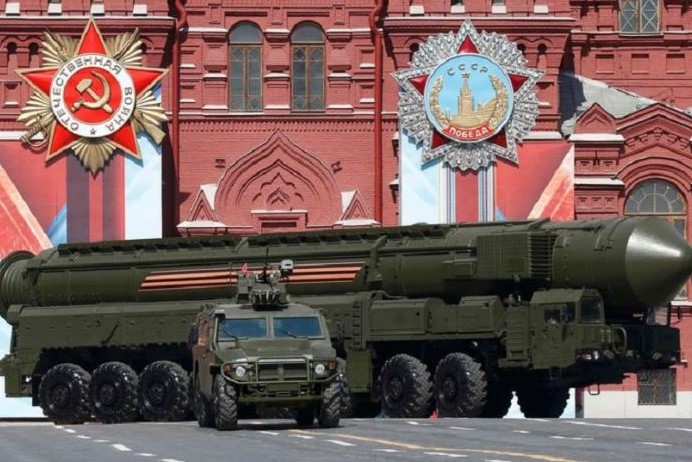
STRATEGIC ASSESSMENT. Ukraine has prepared for more Russian attacks against energy and other critical infrastructure in what appears to be a weekly pattern, and warned of possible evacuations from the capital. Russia has been carrying out massive missile bombardments on Ukraine’s energy infrastructure roughly weekly since early October, with each barrage having a greater effect than the last as damage accumulates and a frigid winter sets in. Kyiv Mayor Vitali Klitschko said some of the city’s 3 million people might have to be evacuated to where essential services would be less prone to shutdowns caused by missile attacks.
For weeks, Russia has been pounding energy facilities around Kyiv and other Ukrainian cities with missile raids, usually on Mondays at the work week’s beginning, resulting in outages of power and water supplies.
With temperatures hovering around freezing, and expected to dip as low as -11C (12F) in little more than a week, international help was increasingly focused on items like generators and transformers to make sure blackouts that affect everything from kitchens to operating rooms are as limited and short as possible. The power situation was so dire that Ukraine’s energy trader in normal times an exporter tested importing electricity from neighbouring Romania.
Estonia’s foreign minister joined counterparts from six Baltic and Nordic nations in the largest delegation to visit Ukraine since Russia launched its full-scale war to pledge electric generators, warm clothes and food. The goal is to help Ukrainians cope with their coldest months of need and keep their resolve high. Ukrainian President Volodymyr Zelenskyy warned that Russian troops “are preparing new strikes, and as long as they have missiles, they won’t stop.”
Kyiv says the attacks, which Russia acknowledges target Ukrainian infrastructure, are intended to harm civilians, making them a war crime. NATO Secretary General Jens Stoltenberg insisted Russian President Vladimir Putin was intent on using frost, snow and ice to his advantage, not just on the battleground but against Ukrainian civilians.
Russian President Vladimir Putin “continues trying to make Ukraine a black hole no light, no electricity, no heating to put the Ukrainians into the darkness and the cold,” said European foreign policy chief Josep Borrell, who is leading a meeting of European Union ministers in Bucharest, Romania, to help Ukraine with its humanitarian crisis.
National grid operator Ukrenergo said it had been forced to resume regular emergency blackouts in areas across the country after a setback in its race to repair energy infrastructure. Units at several power stations had to conduct emergency shutdowns and demand for electricity has been rising as snowy winter weather has set in, a Ukrenergo statement said.
In Kherson, which has lacked electricity and heat since Russian forces abandoned it earlier this month, regional governor Yaroslav Yanushevych said 17 percent of customers now had electricity and other districts would be hooked up soon.
On the diplomatic front, efforts to weaken Russia’s ability to fund its war in Ukraine faltered when envoys of EU governments failed to agree on a price cap on Russian seaborne crude oil, diplomats said.
Attacking Energy Security
Russian’s military tactics during invasion in Ukraine must be recorded as the cleaver but brazen tactics. We are calling those military’s tactic using the winter as a weapon of war is the cleaver paradigm, tactics and strategy which is using all of the opportunity and the weak of the opponent to make their surrender, but those strategy also make sense if its called as brazen tactics because the damage effects of energy security attacks on war is very seriously crucial and its can make the opponent does not have enough time to repair it and its can trigger social riots, social anxiety and make economic wheels does not go anywhere.
Attacking energy security is a modern military’s strategy era as a key point to reach victorious war over the opponent, because energy sector is a crucial, strategist and vital sector which can make national economic even military sector can play their role very well.
Meanwhile, using a winter or climate as the key factors over the war is going to make Russia win over Ukraine, if NATO and their allies did not support Ukraine. Winter is one of part of military’s strategy besides terrain, nature landscape and others factors likes social, economic, culture and how the opinion of the citizens to their government. If your opponent can use it, you must elegant to take lost of war. Because of that, in the era of modern military strategy does not focus on upgrading military technology itself but “conventional sector” must also be maintained (TE).





